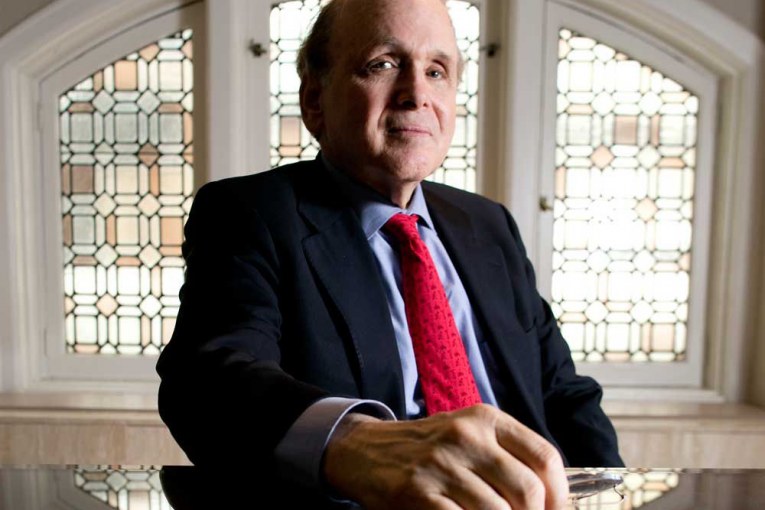
The rise of fracking technology changed America’s position in the world because it went from a country that imported most of its oil to a country that produces energy.
In his latest book, “The New Map: Energy, Climate and the Clash of Nations,” Daniel Yergin, a pulitzer prize-winning analyst tracks the ramifications of this shift.
This week on Down to Business, Yergin, a vice chairman at the research firm IHS Markit, spoke about the changes taking place in the world energy market. These changes relate not only to fracking, but also to the Paris Agreement, where countries from around the world set a framework to limit their carbon emissions and the impacts of climate change over the coming decades.
Less than a decade ago, people used to argue about when the world would hit ‘peak oil,’ or in layman’s terms, when world production of oil would peak, and we would start running out of the stuff.
Today, people are more interested in peak demand, or when world demand for oil will hit its highest point. Yergin predicts it will happen in the 2030s, and sees a modest decline afterwards as alternative energy forms gain share.
We spoke about what this means for Canada and its oilsands, how pipelines have become the new political battleground, how geopolitics are changing and what impacts the pandemic could have on this equation.
Listen on Apple Podcasts , Spotify , Stitcher and Google Play , where you can also subscribe to get new episodes every Wednesday morning.
If you have any questions about the show, or if there are topics you want us to tackle, email us: .
You can read more of the news on source
